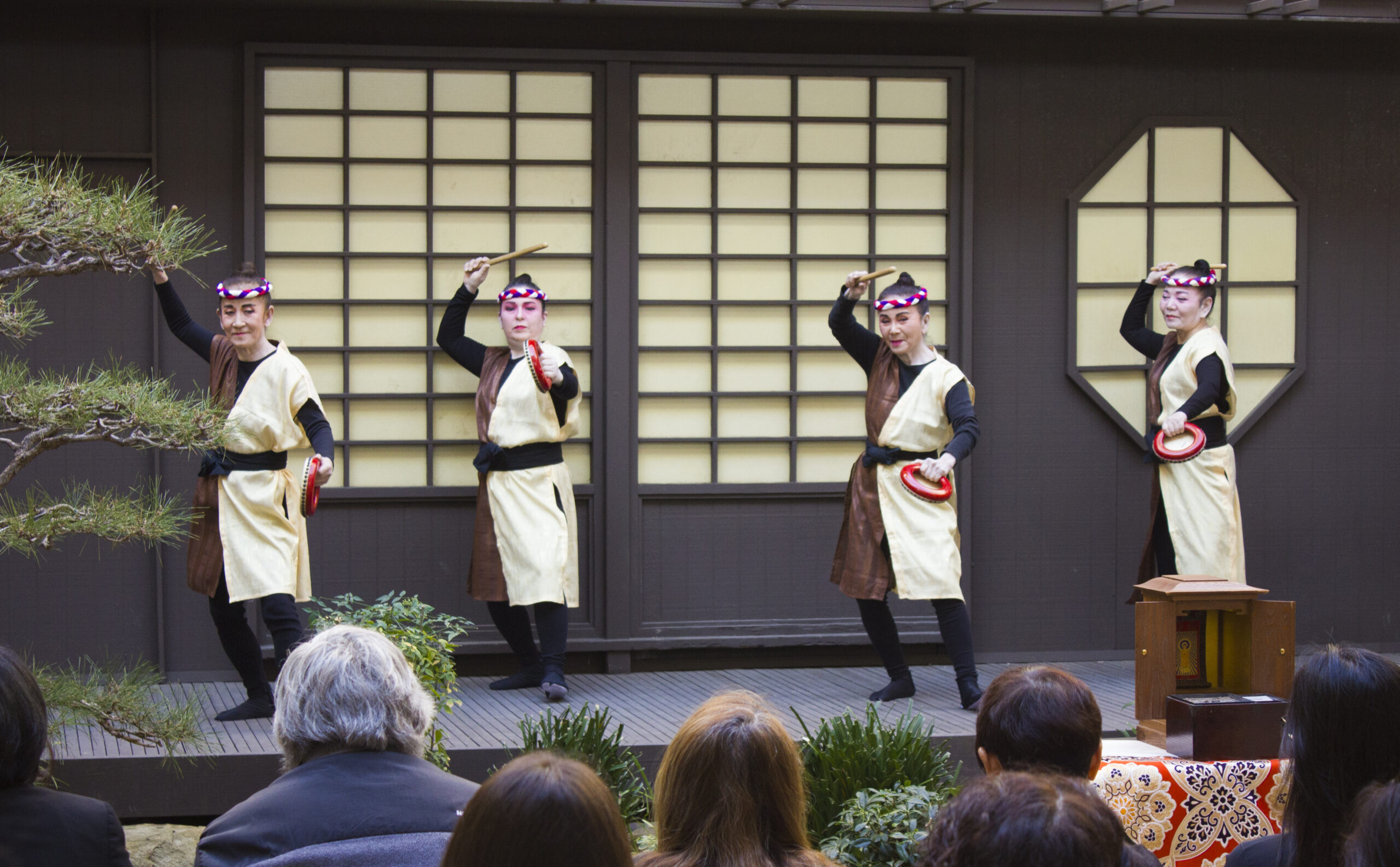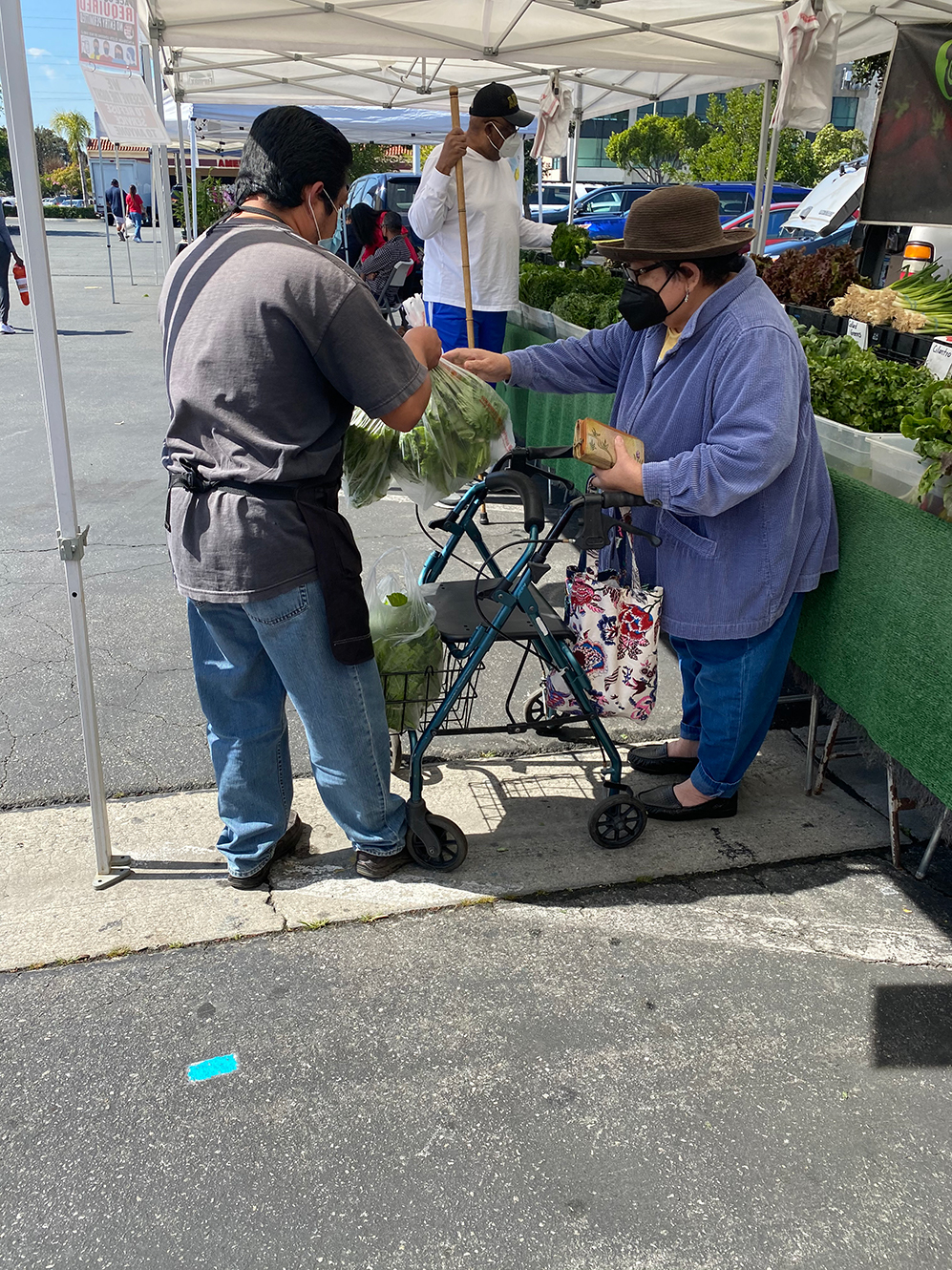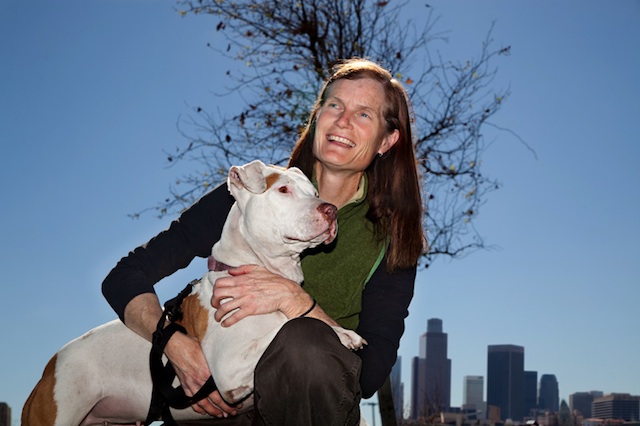By Cindy Venegas
Staff Writer
Photo Credit: Zack Hailey
Dancers commemorate Japanese culture during February 9th ceremony at California State University Dominguez Hills.
Satsuki Ina wrapped up the night of Feb. 9 with a powerful speech at Cal State Dominguez Hills after a memorable day of events commemorating the 75th anniversary of Japanese American incarceration during World War II.
The afternoon began with a cultural dance at the rededication ceremony on the campus Shinwa-en Japanese Garden, where the women wore traditional Japanese clothing and make-up.
Following the ceremony, guest speakers Kim Yasuda and Tom Ikeda presented “And Then They Came For Us …,” a symposium, and an archives exhibition continued.
A crowd of around 150 attendees welcomed Ina for the final event, where she shared a collection of pictures from the internment camp days along with her family’s devastating experience.
Ina carried herself elegantly and provocatively before the quiet, attentive crowd. She began by showing pictures of the camps and their squalid living conditions.
Young girls were raped, men were beaten, families were broken, murders were committed and many died due to lack of healthcare and nutrition, Ina said of the dark chapter in American history.
Ina’s parents were arrested under Executive Order 906signed by President Franklin D. Roosevelt in 1942, for “having the face of the enemy.”
Ina’s pregnant mother was separated from her husband when he was transferred to the internment camp prison for “disloyalty to the government,” after encouraging others not to sign a government-issued questionnaire until they had their civil rights reinstated. Ina later met her father, who had been a stranger to her, at the age of 4. The Ina family was released after four and a half years, but their rights were not reinstated until 13 years after WWII ended.
Ina’s heartbreaking story brought tears to a few in the audience, but she still managed to uplift spirits with her warmth and sense of humor. She lived the life of a prisoner as a child and said she wishes this experience on no one, regardless of ethnic groups or race.
For this reason, Ina is an advocate for unity and encourages everyone to stand together. She believes in using her voice and not letting fear prevent a person from speaking out for someone in need.
Seventhy-five years later, Japanese Americans and their descendants still feel the aftereffects and fear of the internment camps. It is Ina’s hope that society learns from the internment camps to prevent history from repeating itself.
“I think the event was very emotionally heavy but inspirational,” said Gerald Perlas, 25, a communications major. “The speaker didn’t allow her upbringing in that environment to define her.”



